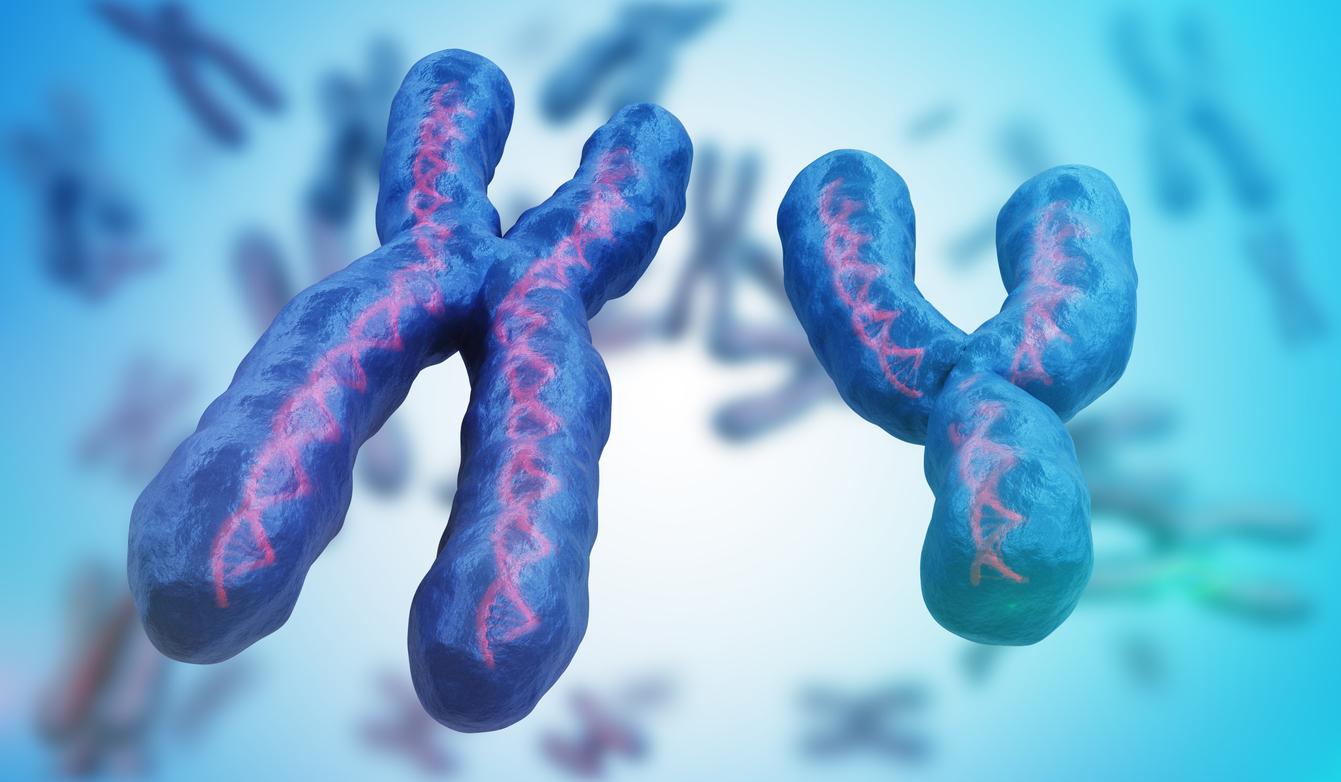A drug has been effective in mice with autism and is raising hopes in the research world.

- Autism Spectrum Disorders (ASD) result from particularities of neurodevelopment.
- They appear during early childhood and persist into adulthood.
- About 700,000 people in France would be affected.
A new studyconducted by French researchers and published very recently in the journal Neuropsychopharmacology, brings promising results concerning autistic disorders (or “ASD”) on a drug that has been widely used in the treatment of epilepsy: bromide ions.
A beneficial effect
“With the arrival on the market of new drugs for epileptic patients, its use has decreased, but it is still an interesting therapeutic tool, especially in cases of epilepsy resistant to conventional treatments”, explains Inserm in a press release. Epilepsy is a comorbidity frequently found in people with ASD: “therefore, it is likely that certain risk factors and pathophysiological processes are common”, continues the research center. The scientists therefore felt that it could be interesting to study more specifically the effectiveness of this treatment in the context of ASD.
The team thus tested this treatment on mice affected by these neurodevelopmental disorders. Each time, the bromide ions had a beneficial effect on their autistic phenotype, restoring social behavior and decreasing the animals’ stereotypical behaviors. The bromide ions also helped reduce their anxiety.
Three mouse models
The results are all the more promising since the tests were carried out on three mouse models that presented different genetic mutations responsible for the autistic phenotype. “The fact that beneficial effects are observed in three different models provides some additional confidence in the ability of the treatment to be generalizable to multiple subgroups of autistic individuals in future clinical trials.” conclude the authors of the study Jérôme Becker, researcher at Inserm, and Julie Le Merrer, researcher at CNRS.















